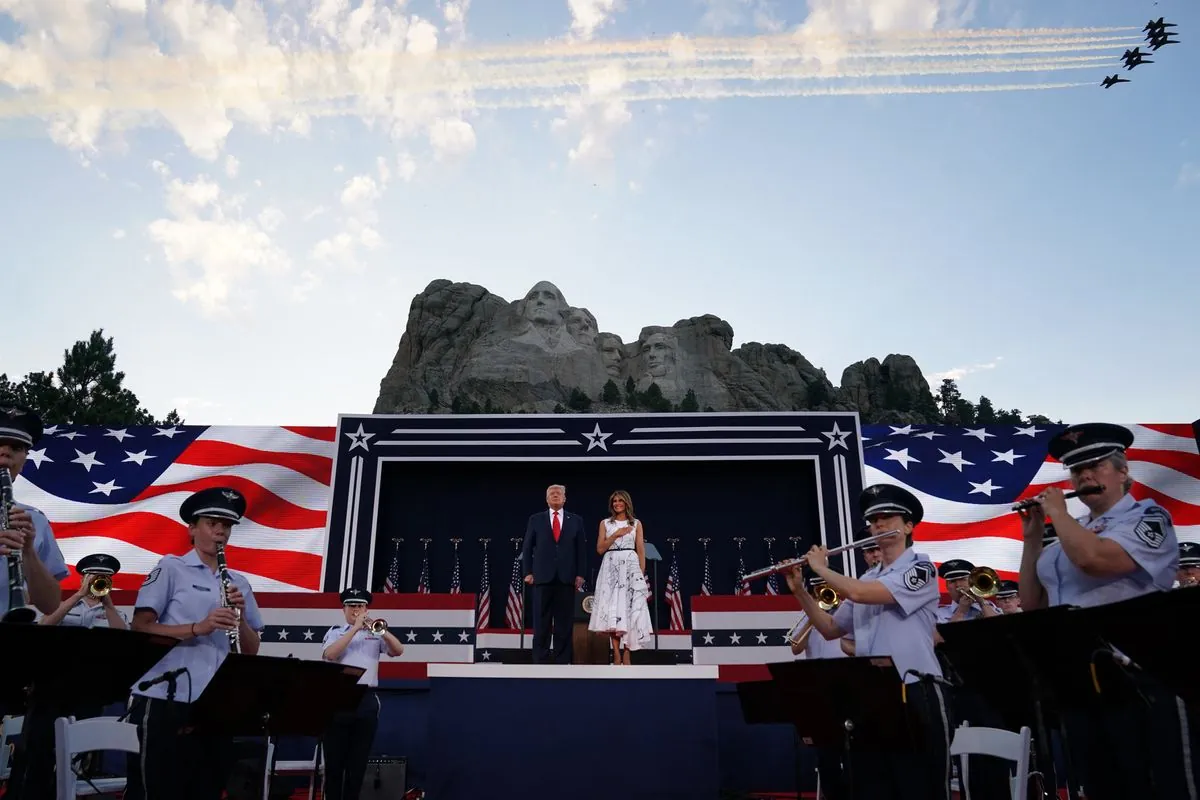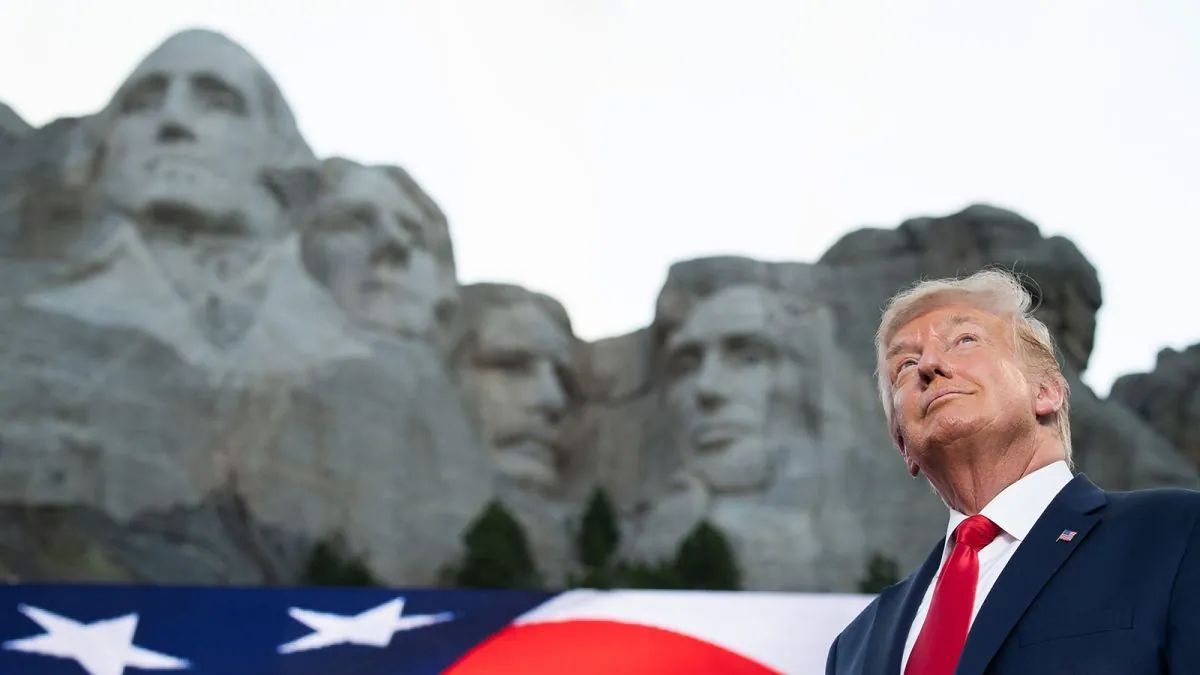Trump's 1776 Commission: A Controversial Attempt to Reshape American History Education
In 2020, President Trump launched the 1776 Commission to promote "patriotic education" in response to the 1619 Project. The initiative sparked debate over how American history and race should be taught in schools.

In the summer of 2020, Donald Trump made an unexpected call to his Education Secretary, Betsy DeVos, expressing his desire to ban the 1619 Project from classrooms. This moment marked the beginning of a controversial initiative that would culminate in the creation of the 1776 Commission, a body aimed at promoting "patriotic education" in American schools.
The 1619 Project, launched by The New York Times in August 2019 to commemorate the 400th anniversary of enslaved Africans arriving in America, had become a focal point of debate. Trump's reaction to this project revealed his instinct for identifying and amplifying cultural flashpoints, a strategy that would continue to shape his political approach in the years following his presidency.
DeVos, adhering to conservative principles of local control in education, reminded Trump that the federal government lacked the authority to implement a national curriculum. Despite this, Trump persisted with his vision, eventually announcing the formation of the 1776 Commission on September 17, 2020, at the National Archives Building in Washington, D.C., where the original copies of the Declaration of Independence, Constitution, and Bill of Rights are housed.
The commission's creation came amid a broader national conversation about race and history, sparked by the death of George Floyd in May 2020. While many institutions were reflecting on systemic racism, Trump sensed a potential backlash and sought to capitalize on it politically.
"Many of America's schoolchildren are tragically being taught to hate our founding, hate our history and hate our country. This must stop."

The 1776 Commission, officially established by executive order on November 2, 2020, was tasked with promoting a more "patriotic" view of American history. However, the initiative faced significant challenges from its inception. Within the Trump administration, there was resistance to the idea of federal involvement in curriculum development, traditionally a state and local matter.
The commission's work was rushed in the final days of Trump's presidency. Its report, released on January 18, 2021, just two days before Trump left office, drew immediate criticism from historians and academic organizations. The American Historical Association, the largest professional organization for historians in the United States, along with 47 other academic groups, condemned the report for its "falsehoods, inaccuracies, omissions, and misleading statements."
Critics pointed out that the report presented a selective and often partisan view of American history. It listed abortion opposition as a "great reform" but omitted mention of the gay rights movement or the internment of Japanese Americans during World War II. The report's treatment of slavery was particularly controversial, defending the founders who owned enslaved people and arguing that the principle of equality in the Declaration of Independence led to slavery's eventual dismantling.
The 1776 Commission was short-lived, with President Joe Biden revoking the executive order that established it on his first day in office. However, the debate over how to teach American history and address issues of race in schools has only intensified since then. Several Republican-led states have enacted legislation restricting the teaching of race-related topics in classrooms.
As the United States approaches its 250th anniversary in 2026, the controversy surrounding the 1776 Commission serves as a reminder of the ongoing struggle to reconcile different interpretations of American history and identity. The debate continues to shape educational policies and political discourse, highlighting the deep divisions in how Americans view their nation's past and its implications for the present.


































